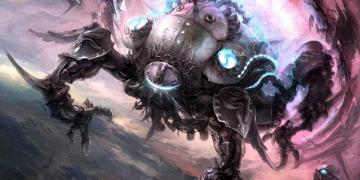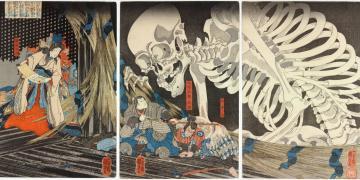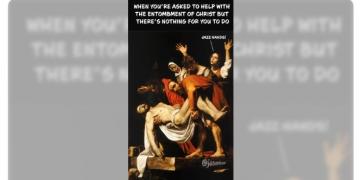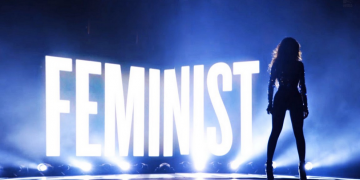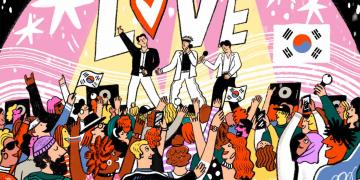Check our wiki on this topic
Adaptation
Wiki
Adaptation implies the ability to evolve and change according to changing environments and demands. It is an ongoing process in all parts of the world and can be applied to many different fields. The term arises in regards to, for example, biological processes, technological advancements or reworkings in the arts (film or literature).
Social Media
Wiki
Social Media is “a group of Internet-based applications that build on the ideological and technological foundations of Web 2.0, and that allow the creation and exchange of User Generated Content” (Kaplan & Haenlein, 2010).
Nigerian Culture
Wiki
What is Culture?
Culture is people’s way of life. It could be communicable, which has to do with language, music and greetings, and non-communicable, which is in terms of food, and dressing, among others.
Subculture
Wiki
Subcultures consist of people who participate in a lifestyle that is typically regarded as deviant in dominant society. Engagement in such deviant activities usher people to find other like-minded individuals and interact with them in order to build a culture. This helps in the development of perspectives about oneself with relation to others in society (Becker 1963).
Critical cartography
Wiki
Critical cartography refers to the academic field in which products and processes of cartography are critically analysed in order to reveal hegemonic power-relations.
Panopticon
Wiki
The panopticon is a structure of power-knowledge, used by Michel Foucault to describe a system in which totalized surveillance can be organized.
Multimodal Discourse Analysis
Wiki
Multimodal discourse analysis is a method that takes into account multiple modes of communication and how they interact with one another.
Actor-Network Theory (ANT)
Wiki
Actor-Network Theory is a theoretical and methodological approach that sees all social phenomena as the product of network interactions. It is unique in that it recognizes both objects and technologies as network nodes equal with human actants.
Ideology
Wiki
Ideology is any set of socially structured ideas guiding behavior and thought in particular domains of life.
Chronotope
Wiki
A chronotope, as defined by Bakhtin, is a specific spacetime context enabling a plot, characters, and rules for action and meaning.
Orientalism
Wiki
Orientalism refers to a long tradition of Western representations of the Orient as exotic and 'non-coeval' with the West.
Identity
Wiki
Identity refers to various aspects of how we see ourselves, how we show ourselves to others, and how we perceive others.
Hidden transcripts
Wiki
Hidden transcripts is a concept often used in discussions of power and resistance, and it refers to forms of resistance and dissent that are kept out of sight for those in power.
Hegemony
Wiki
Hegemony refers to the dominance of certain ideas, images, discourses and ideologies, either generally or in specific domains.
Coevalness
Wiki
The term coevalness refers to sharing the same timeframe. Much like 'medieval' refers to the middle ages, co-eval refers to a shared age.
Globalization
Wiki
Globalization refers to the process of increasing interconnectedness between different parts of the world, creating global modes of organization and conduct.


